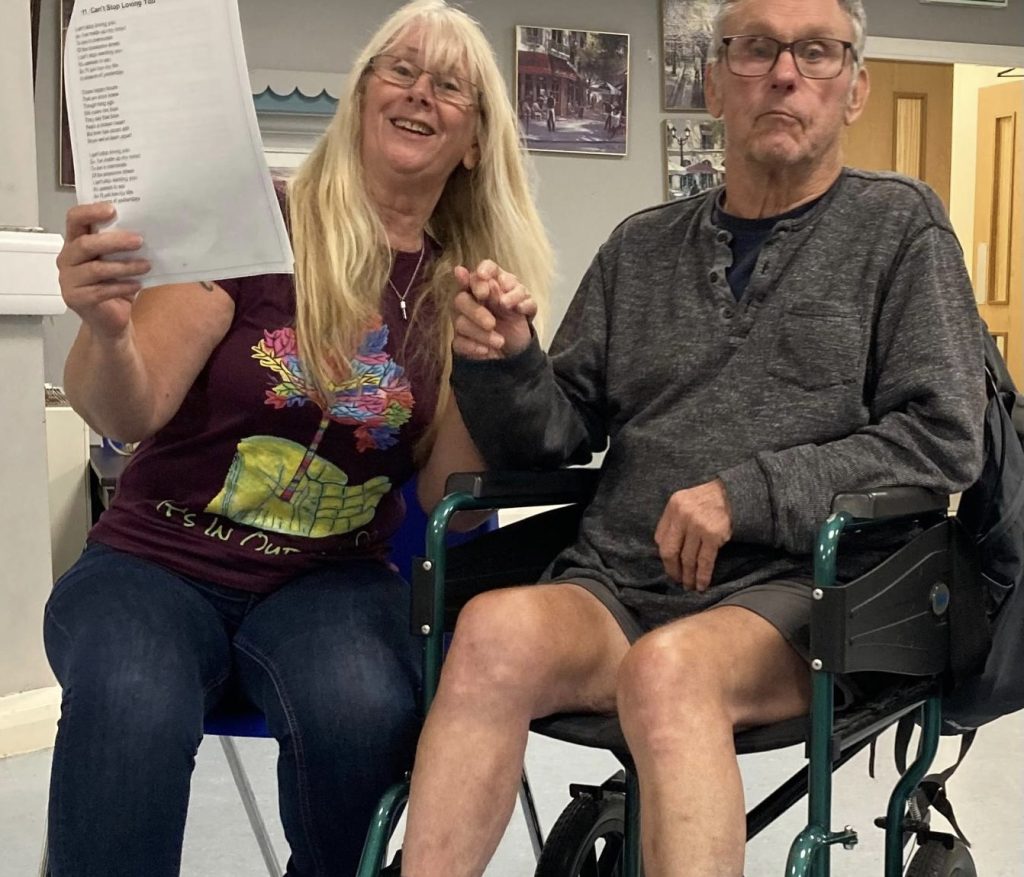
Introduction
When we think of singing, we often associate it with beautiful melodies, soulful performances, and enjoyable pastimes. However, the benefits of singing go far beyond mere entertainment. Recent research has shed light on the transformative power of singing, particularly in the realm of stroke rehabilitation. In this blog, we will explore how singing can enhance brain function, cognition, movement, speech, emotions, and self-perception in individuals recovering from a stroke.
Understanding Stroke and its Aftermath
Stroke, often referred to as a “brain attack,” occurs when there is an interruption in the blood supply to the brain. This disruption can lead to a wide range of physical, cognitive, and emotional challenges for stroke survivors. From impaired mobility and speech difficulties to emotional instability and altered self-perception, stroke recovery is a complex journey that requires innovative approaches to rehabilitation.
Singing and Brain Function
Music has a profound impact on the brain, engaging multiple regions simultaneously. Singing, in particular, activates various areas of the brain responsible for language processing, memory, and emotions. In stroke survivors, where certain brain functions might have been compromised, singing presents a unique opportunity for neural pathways to be rewired and reestablished.
Cognition and Memory
Studies have shown that singing can significantly improve cognitive functions such as memory, attention, and executive skills in stroke survivors. Learning lyrics and melodies, as well as synchronizing with rhythm, exercises different cognitive processes, promoting neuroplasticity, and enhancing brain connectivity.
Movement and Motor Skills
The rhythmic and melodic aspects of singing can be harnessed to facilitate movement and motor skill rehabilitation. Engaging in singing exercises encourages coordination, balance, and fine motor skills, assisting stroke survivors in regaining physical independence and reducing the risk of secondary complications.
Speech and Language
For many stroke survivors, speech impairment can be one of the most challenging aspects of recovery. Singing involves various vocal exercises that can help strengthen and retrain vocal muscles, improve breath control, and enhance articulation. Moreover, the melodic intonation therapy (MIT) approach has shown promising results in reestablishing language abilities in some stroke patients.
Emotional Well-being
Stroke recovery is not just about physical healing; emotional well-being plays a crucial role in the rehabilitation process. Singing has a profound impact on emotions, helping to reduce stress, anxiety, and depression. Participating in group singing sessions also fosters a sense of connection and belonging, alleviating feelings of isolation commonly experienced by stroke survivors.
Self-Perception and Confidence
The aftermath of a stroke can lead to altered self-perception and reduced self-confidence. Engaging in singing, whether individually or as part of a group, can boost self-esteem and provide stroke survivors with a sense of accomplishment as they witness their progress in vocal abilities and overall well-being.
Conclusion
Singing goes beyond being a mere form of entertainment; it is a powerful tool that can aid in the recovery of individuals who have experienced a stroke. The multifaceted benefits of singing on brain function, cognition, movement, speech, emotions, and self-perception provide a holistic approach to stroke rehabilitation. As we continue to explore the therapeutic potential of music, incorporating singing into stroke recovery programs could prove to be a harmonious path to healing and improved quality of life for countless individuals.
Remember, it is essential for stroke survivors to work with qualified healthcare professionals and music therapists to tailor a personalized singing rehabilitation plan suited to their individual needs and abilities.
